28, April 2020
Russia overtakes China with recorded Covid-19 cases at 87,000 0
Russia overtook China in the number of confirmed coronavirus cases on Monday, when its tally climbed above 87,000, as pressure rose on the government to consider easing lockdown restrictions for businesses to help shore up the rattled economy.
Russia, the world’s largest country by territory, has been on lockdown since President Vladimir Putin announced the closure of most public spaces in late March. These measures are due to expire on April 30 and Putin has not yet said if he plans to extend them.
Anna Popova, the head of Russia’s safety watchdog Rospotrebnadzor, told state television on Monday that, in her view, restrictions should be in place until May 12.
Earlier Prime Minister Mikhail Mishushin asked his government to submit proposals by Thursday to ease some of the restrictions on businesses. Many firms have warned that they risk going bankrupt if the lockdown continues, and thousands of workers have been laid off.
Mishustin told an online government meeting that as soon as the situation started to improve “we would need to consider a step-by-step cancellation of restrictions on certain companies… operations”.
On Monday, the authorities reported 6,198 new cases of the new coronavirus, bringing the total to 87,147, with 794 deaths.
Moscow plans to open two new hospitals, with 1,500 beds each, in the defence ministry’s Patriot museum and in the Crocus exhibition centre, once a spot for lavish concerts, business daily RBC reported on Monday.
St Petersburg, the country’s second largest city, is also turning Lenexpo, which used to host Russia’s top economic forum, into a temporary hospital with 1,000 beds.
Energy sector in focus
Russia, one of the world’s top oil and gas exporters, is particularly vulnerable to the spread of the coronavirus at production sites. Most are located in remote areas accessible only by air, meaning the workers must be in close proximity, increasing their risk of infection.
Citing local officials, news agency Interfax said on Monday that an airport in Sabetta, in the northern Yamal peninsula, had been shut down for quarantine after cases of the new coronavirus were detected at the Yamal LNG production site controlled by Novatek.
A total of 143 cases were confirmed in Sabetta, the local crisis response centre said separately.
In the northwestern region of Murmansk where Novatek is building a plant to supply its next LNG project, the Arctic LNG 2, more than 800 workers tested positive for coronavirus, the local crisis response centre said on Sunday.
Velesstroy, a sub-contractor for the plant, temporarily suspended work at the site near Murmansk, but said in a statement to Reuters that the project would remain on schedule.
To limit the risk of contagion at more than 1,000 power plants in Russia, including nuclear ones, more than 200,000 employees – or nearly a third – were recently tested for the virus, the energy ministry said.
It did not say how many of those tests returned positive.
Mainland China, where the new coronavirus first emerged, reported a total of 82,830 cases on Monday. China is now fighting an increased number of new cases coming from Russia.
Source: REUTERS


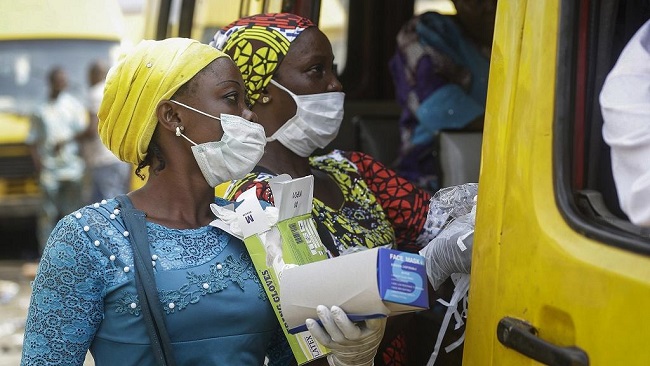
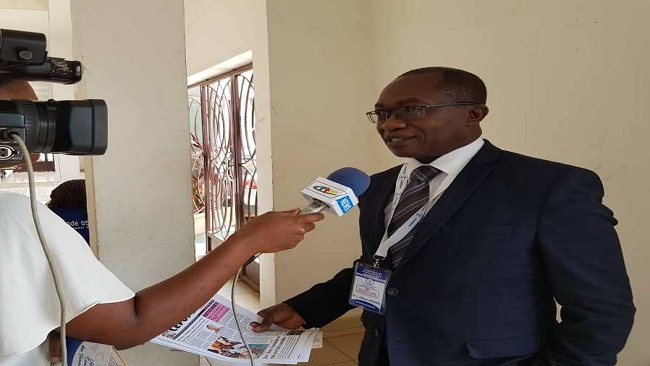
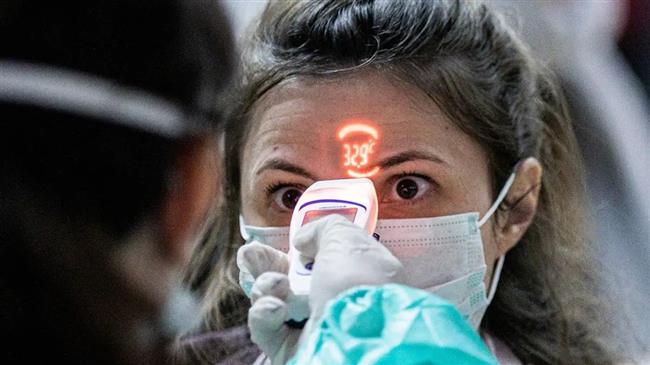





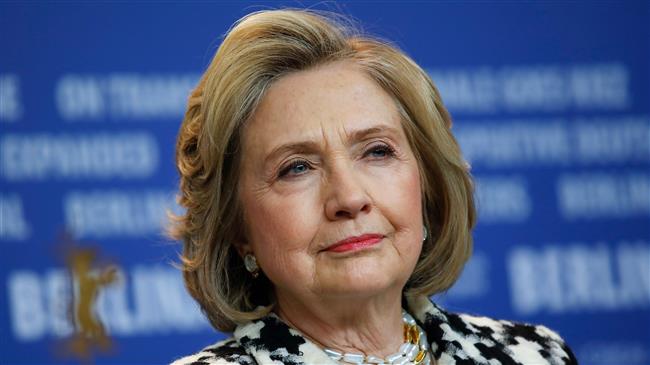
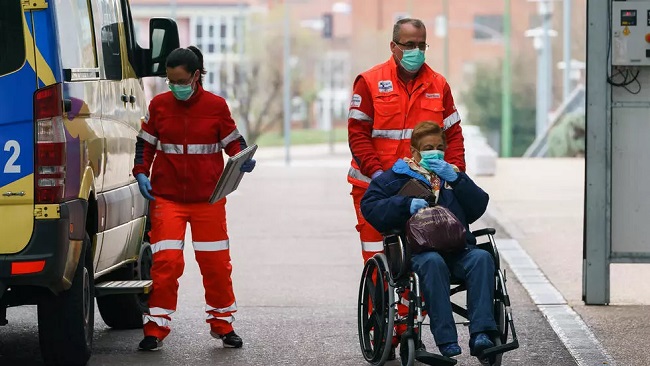

















29, April 2020
Coronavirus patients respond positively to remdesivir in major US trial 0
Gilead Science’s remdesivir, one of the most highly anticipated drugs being tested against the new coronavirus, showed positive results in a large-scale US government trial, the company said Wednesday.
“We understand that the trial has met its primary endpoint and that NIAID (National Institute of Allergy and Infectious Diseases) will provide detailed information at an upcoming briefing,” the company said.
Though it is difficult to precisely quantify the finding in the absence of results, it represents the first time any drug has been shown to improve outcomes against the COVID-19 illness, which has claimed more than 200,000 lives globally and brought the world economy to a grinding halt.
There have been mixed results for the intravenous antiviral in recent weeks. A summary of results posted on the website of the World Health Organization showed it failed in a smaller Chinese trial, but days before that, Stat reported it had shown significant efficacy at a Chicago hospital.
However, this trial, begun in late February and overseen by the US government, is the largest and technically most robust.
According to a data sheet, its estimated enrollment was 800 patients, a portion of whom received the drug while the rest received a placebo.
Neither the patients nor their physicians were aware of which group they belonged to, in order to eliminate unconscious bias.
It is a Phase 3 trial, the final stage before any medication can receive regulatory approval from the Food and Drug Administration (FDA).
Remdesivir, which previously failed in trials against Ebola, belongs to a class of drugs that act on the virus directly — as opposed to controlling the abnormal and often lethal autoimmune response it causes.
It mimics one of the four building blocks of RNA and DNA and gets absorbed into the virus’s genome, which in turn stops the pathogen from replicating.
The antimalarial drugs hydroxychloroquine and chloroquine are also being widely used against COVID-19 on a so-called “compassionate basis” pending results from large trials, with early studies decidedly mixed.
Other therapies that are being studied include collecting antibodies from COVID-19 survivors and injecting them in patients, or harvesting antibodies from genetically-engineered mice that were deliberately infected.
Source: AFP